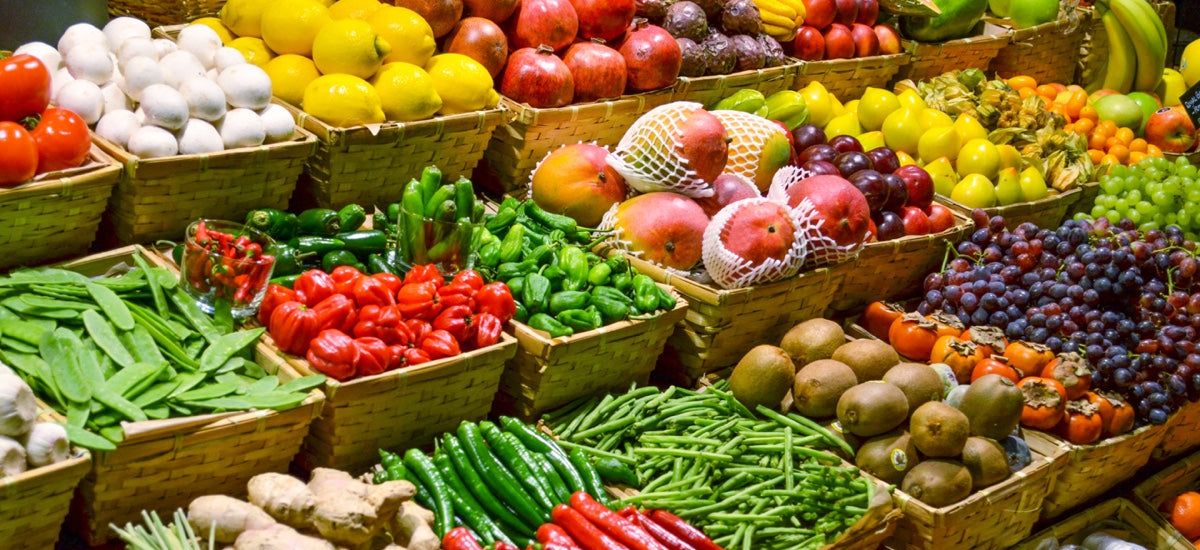Remove Pesticides from Vegetables and Fruits By Pierre Mouchette | Bits-n-Pieces Frequently Used Pesticides On Fruits And Vegetables
The most commonly used pesticides used on fruits and vegetables are herbicides, fungicides, insecticides, and bactericides. These pesticides destroy pests such as fungi, weeds, insects, and microorganisms. Pesticides are either biodegradable, which means that they can be broken down by microbes into harmless compounds, or persistent, meaning they can take months or years to break down. Persistent Organic Pollutants (POPs) are pesticides resistant against degradation, so that they will remain in the environment for lengthy periods. POPs are incredibly harmful and linked to cancer, diabetes, hormone disruption, and neurological disease. They are now banned in many countries. However, prolonged use over the years means they stay in the environment. Some substances found in pesticides include:
Clean Vegetables And Fruits Naturally Always wash fruits and vegetables, even if they are organic. The number of people that eat fruits and vegetables directly from a packet without running them under the faucet first is shocking. Washing bagged salads is highly recommended, despite the package stating it is pre-washed. Bagged salads are a breeding ground for E. coli and other bacteria, so it must be rewashed before eating. Before being packaged, manufacturers wash the salad with various toxic chemicals, including chlorine and bleach. Washing off this chemical residue is essential. The following are three ways to remove pesticides from fruits and vegetables effectively:
Always Wash Fruits And Vegetables Washing fruits and vegetables before eating is essential, even if only under the tap for a few seconds. Toxic chemicals are sprayed on crops, and these pesticides' residue remains on the fruits and vegetables unless they are washed off using an appropriate method. Use salt, bicarb, or vinegar to soak your vegetables for around 20 minutes to remove pesticides and bacteria. Avoid eating fruits and vegetables straight from the packet, even if they are organic.
0 Comments
Your comment will be posted after it is approved.
Leave a Reply. |
Archives
May 2024
|
